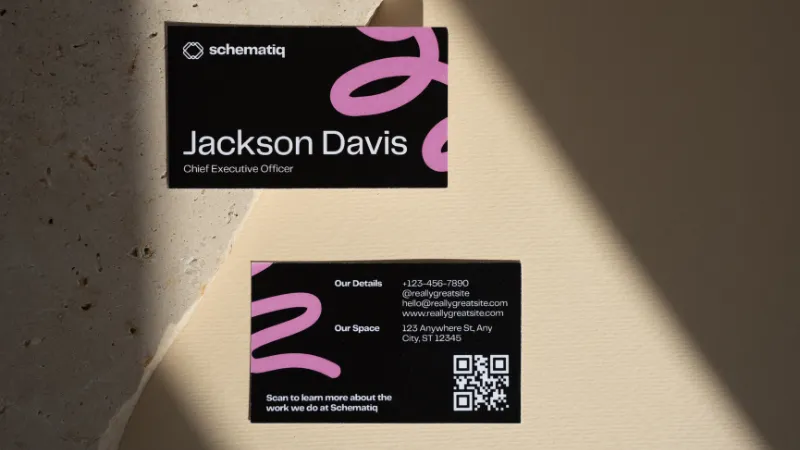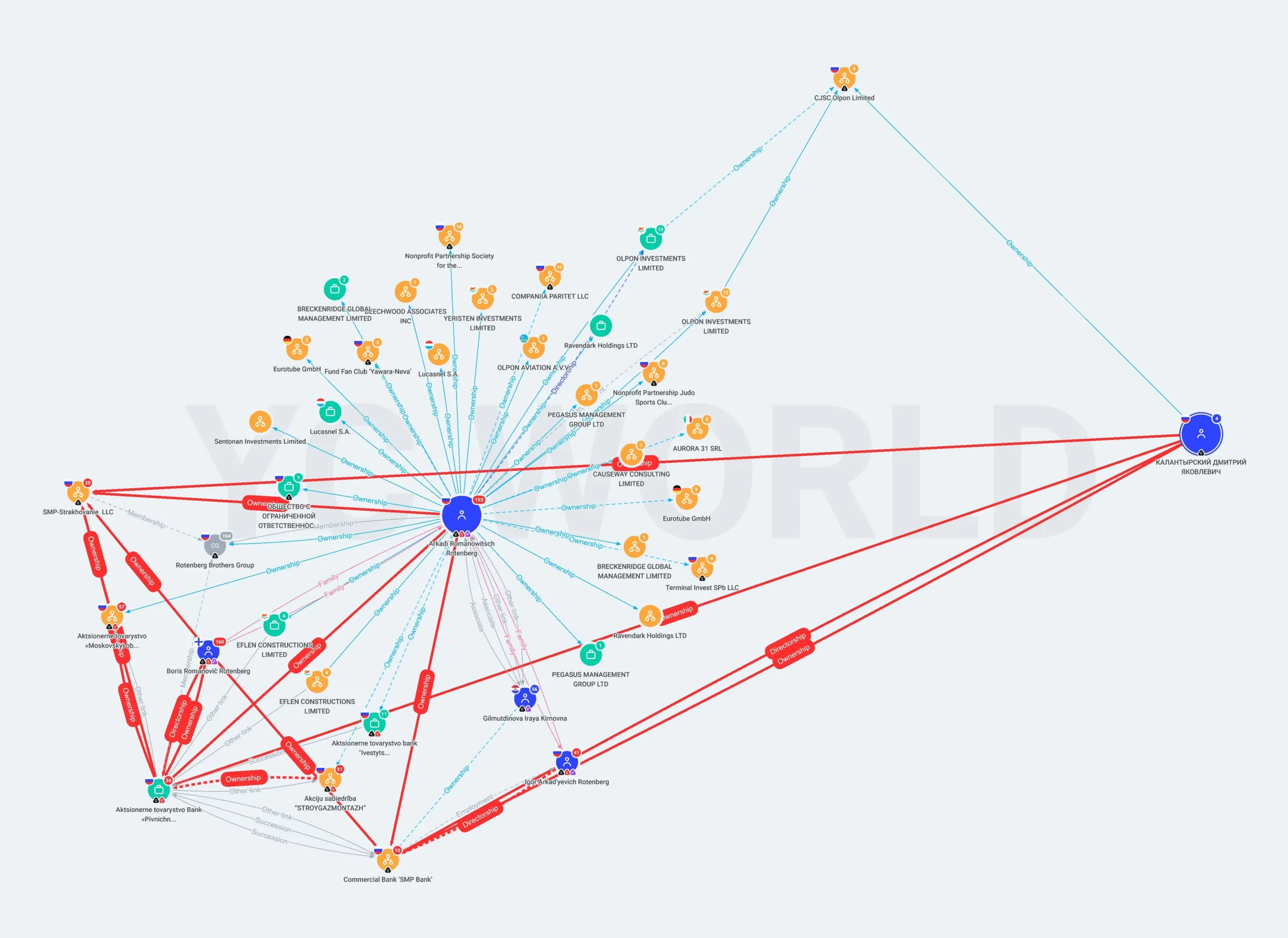
Bookkeeping in Denmark is widely regarded as one of the most transparent and efficient systems in Europe. With its digital-first approach, clear legislation, and strict compliance rules, it provides entrepreneurs with stability and predictability. At the same time, the system leaves very little room for error. Even small mistakes can lead to penalties, reputational damage, or unnecessary stress.
To help businesses operate smoothly, here are the most common mistakes in bookkeeping in Denmark – and practical tips on how to avoid them.
Mistake 1: Delaying VAT registration
One of the most frequent errors is failing to register for VAT (Moms) once turnover exceeds 50,000 DKK within 12 months. Some entrepreneurs underestimate how quickly they can reach this threshold, especially in service or consultancy industries.
How to avoid it:
- Monitor your turnover carefully from day one.
- Register for VAT in advance if you expect to cross the threshold.
- Use accounting software that tracks sales automatically.
Mistake 2: Missing deadlines
In Denmark, deadlines for VAT filings and tax returns are strictly enforced. Even a small delay results in automatic fines. Unlike in some countries, there is very little flexibility.
How to avoid it:
- Set calendar reminders for filing dates.
- Use the TastSelv system to submit documents early.
- Work with an accountant who keeps track of obligations.
Mistake 3: Incomplete record-keeping
Businesses must keep invoices, receipts, and bank statements for five years. Some companies overlook this requirement, assuming that digital payments are enough proof.
How to avoid it:
- Store all invoices digitally in a secure system.
- Use cloud-based accounting software that automatically archives documents.
- Regularly back up your records to prevent data loss.
Mistake 4: Incorrect VAT reporting
Because Denmark has a 25% standard VAT rate, some businesses assume all transactions follow the same rules. In reality, certain exemptions apply, and misreporting VAT can trigger audits or corrections.
How to avoid it:
- Understand which goods and services are exempt from VAT.
- Double-check input VAT deductions.
- Consult an accountant for complex transactions.
Mistake 5: Forgetting public reporting obligations
Companies such as ApS and A/S must prepare and publish annual financial statements with the Danish Business Authority. Some businesses overlook this obligation or file incomplete reports, risking penalties or even dissolution.
How to avoid it:
- Plan annual reporting well in advance.
- Use professional accountants familiar with Danish reporting standards.
- Remember that reports are public – accuracy and presentation matter.
Mistake 6: Relying too much on automation
While Denmark encourages digital bookkeeping, overreliance on software without oversight can lead to unnoticed errors. Automated systems still need human control.
How to avoid it:
- Review software-generated reports regularly.
- Reconcile accounts manually at least once per quarter.
- Train staff to understand the basics of Danish bookkeeping rules.
Mistake 7: Ignoring language barriers
Many foreign businesses rely on English interfaces, but official correspondence with authorities is often in Danish. Misunderstanding letters from SKAT or the Business Authority can cause serious problems.
How to avoid it:
- Work with bilingual accountants.
- Translate key documents before acting on them.
- Do not ignore official letters – respond promptly.
Mistake 8: Treating bookkeeping as a low priority
Some entrepreneurs focus solely on sales and growth, postponing bookkeeping until later. In Denmark, this approach quickly leads to compliance issues and financial confusion.
How to avoid it:
- Allocate time for bookkeeping every week.
- Use real-time dashboards to track financial performance.
- Treat bookkeeping as part of strategy, not just administration.
Mistake 9: Misjudging taxable income
Overlooking deductible expenses or incorrectly categorizing revenues can inflate taxable income. This results in overpaying or, worse, underpaying taxes.
How to avoid it:
- Keep clear records of all business expenses.
- Consult tax advisors on what can be deducted.
- Update forecasts in TastSelv to avoid large year-end corrections.
Mistake 10: Not seeking professional help
Denmark’s system is clear but unforgiving. Trying to handle everything alone often leads to costly mistakes.
How to avoid it:
- Partner with a certified accountant.
- Outsource bookkeeping if the workload is too high.
- View accounting costs as an investment in security and growth.
Conclusion
Bookkeeping Denmark is a model of transparency and efficiency, but it demands discipline. The most common mistakes – from missing VAT registration to ignoring deadlines – can be avoided with proper planning, digital tools, and professional support.
By staying organized, respecting reporting obligations, and seeking expert advice when needed, businesses can turn bookkeeping into a strategic advantage rather than a source of stress. In Denmark, compliance is not just about following rules – it is part of a culture of trust that enables sustainable business success.


 Follow us
Follow us Follow us
Follow us













